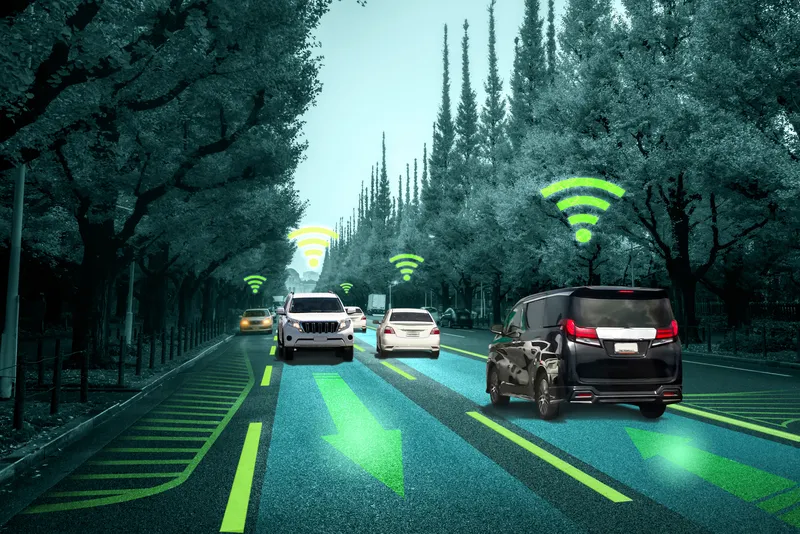A US driverless vehicle ‘living laboratory’ has partnered with Smart City Expo Atlanta (SCATL) - the US edition of Smart City Expo World Congress in Barcelona. Curiosity Lab at Peachtree Corners is a 5G-enabled autonomous vehicle (AV) test bed with a 1.5 mile AV track within a 500-acre commercial office park in the city of Peachtree Corners, Georgia.
City manager Brian Johnson says start-ups and “mature companies” can use the test track to better understand how their technology operates in a suburban community with people working and living around them.
“Our partnership with SCATL offers companies the opportunity to demonstrate their technology first hand and jumpstart the Expo,” he continues. “It will also provide citizens and conference attendees a glimpse of what the future test site will look like.”
SCATL is expected to bring together more than 2,500 attendees, 200 speakers and 50 exhibitors at the Georgia World Congress Center to discuss smart cities and their technological trends.
The Expo is taking place from 11-12 September and will provide guests with the opportunity to view live demos of AVs and drones.
Curiosity Lab and SCATL promote AV mobility
A US driverless vehicle ‘living laboratory’ has partnered with Smart City Expo Atlanta (SCATL) - the US edition of Smart City Expo World Congress in Barcelona. Curiosity Lab at Peachtree Corners is a 5G-enabled autonomous vehicle (AV) test bed with a 1.5 mile AV track within a 500-acre commercial office park in the city of Peachtree Corners, Georgia.
City manager Brian Johnson says start-ups and “mature companies” can use the test track to better understand how their technology operates in a suburban com
August 1, 2019
Read time: 2 mins








